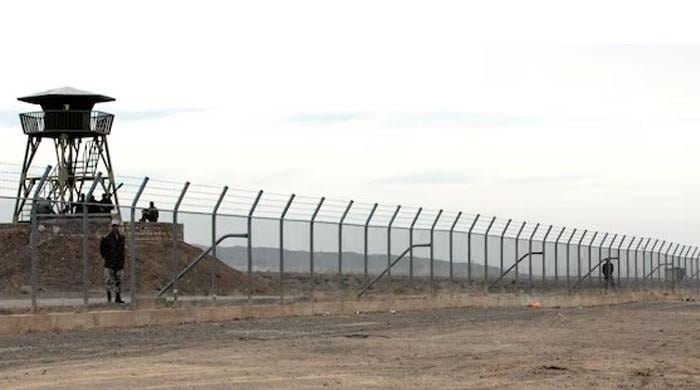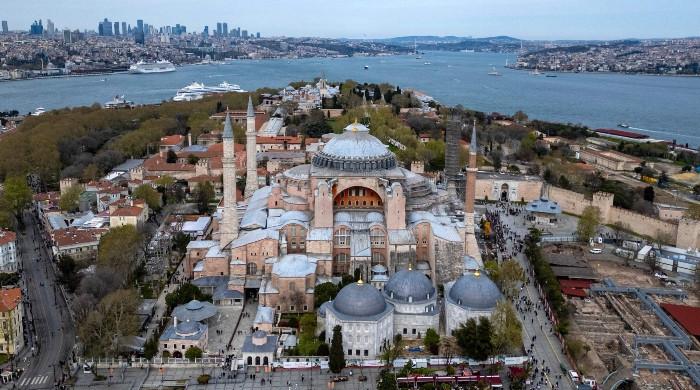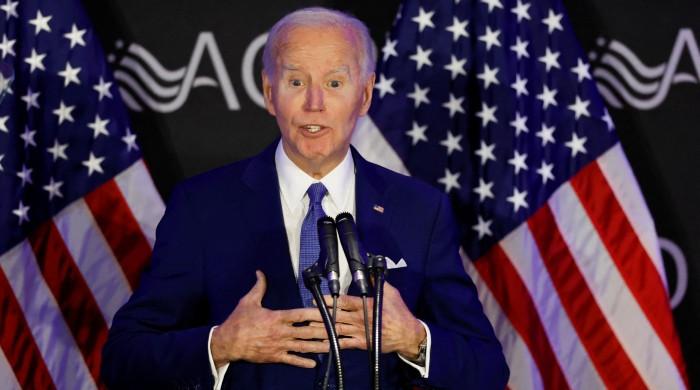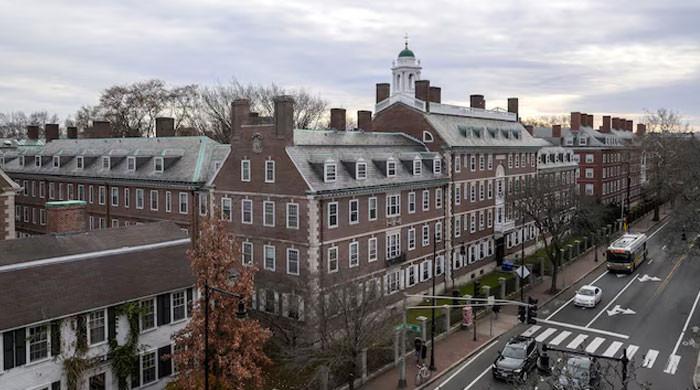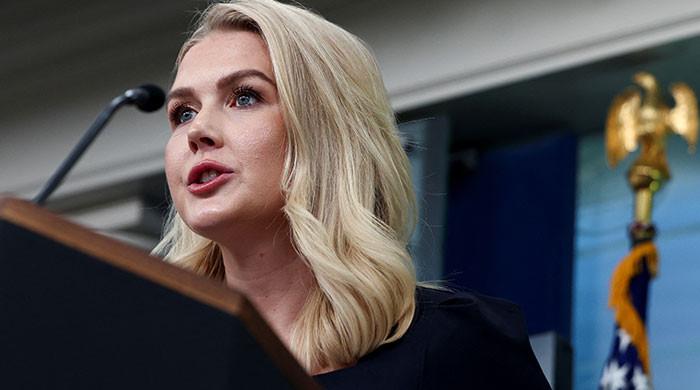Timeline: Taliban's takeover of Afghanistan
In the space of 10 days, the Taliban had seized a string of cities, meeting little or no resistance in a staggering rout
August 31, 2021
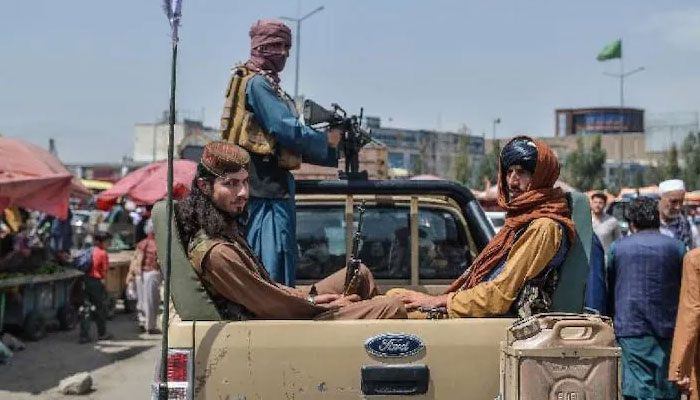
KABUL: Just over two weeks since the Taliban seized Kabul, the final US soldiers flew out of Afghanistan shortly after midnight Tuesday morning, officially ending a two-decade occupation of the country.
Here are the key developments since the Taliban, who were ousted from Kabul in 2001, returned to power.
- Rapid advance -
On August 15, after a lightning offensive launched in May as US and NATO troops began withdrawing their final troops, Taliban fighters take over the capital.
In the space of 10 days before that, they had seized a string of cities, meeting little or no resistance in a staggering rout.
Officials flee. Ex-president Ashraf Ghani escapes to Abu Dhabi, later saying he left to avoid a "flood of bloodshed". He admits the "Taliban have won".
Taliban fighters are filmed posing for photographs in the presidential palace.
In the following days, tens of thousands of terrified Afghans and foreigners rush to Kabul airport to escape Taliban rule.
- International fears -
The UN Security Council says the country must not become a breeding ground for terrorism.
Under growing criticism, President Joe Biden insists he has no regrets, and emphasises that US troops cannot defend a nation whose leaders "gave up and fled".
China becomes the first country to say it is ready to deepen "friendly and cooperative" relations with the Taliban.
It later accuses Washington of "leaving an awful mess".
European Union foreign policy chief Josep Borrell says the bloc will have to talk to the Taliban.
Russian President Vladimir Putin calls on the global community to prevent the "collapse" of Afghanistan following the Taliban takeover.
- 'Different' Taliban? -
The Taliban tell civil servants in Kabul to resume their duties "without any fear".
At their first news conference since seizing power, Taliban spokesman Zabihullah Mujahid says they will let "women work in accordance with the principles of Islam".
Some girls return to school in Herat.
Taliban co-founder Mullah Abdul Ghani Baradar returns to Afghanistan from Doha, and within hours the group says it will be "different" this time.
It says it will pardon its enemies, and promises that women will not have to wear the all-enveloping burqa.
The International Criminal Court's chief prosecutor, Karim Khan, says reported crimes during the Taliban advance may amount to violations of international law.
- Airlift chaos -
US President Joe Biden calls the emergency evacuation from Kabul´s airport one of the most "difficult" airlifts ever.
Pressure builds on Biden to extend his August 31 deadline to complete the rescue missions.
The EU's Borrell says "it's mathematically impossible" for the US and its allies to evacuate their Afghan personnel who, along with their families, number tens of thousands.
Conditions deteriorate, with vast crowds crushed together begging to be let inside the airport.
The Taliban blames the US, which is control of the airport, for the dramatic scenes.
Elsewhere, in the rugged Panjshir Valley north of Kabul, a mixture of anti-Taliban militia fighters and former Afghan security forces form a key holdout pocket.
They say they are prepared for a "long-term conflict", but also seek to negotiate with the Taliban about an inclusive government.
- Airport bombing -
The Taliban warn any extension to the August 31 deadline would be a "red line", but says Afghans with valid visas will be allowed to leave once the airport reopens for commercial flights.
Biden announces on August 24 that he is sticking to the date, after talks with G7 counterparts.
On August 26, after a chorus of warnings of a terror threat, a suicide bomb rips through crowds outside the Kabul airport -- killing more than 100 people, including 13 US troops.
The Islamic State (IS) group, rivals of the Taliban, claimed responsibility.
The Taliban announces Sunday that their supreme leader Hibatullah Akhundzada will make his first public appearance "soon".
The same day, the US says it carries out an airstrike in Kabul on an IS-prepared car bomb. It later emerges they may have struck a wrong target, killing 10 civilians including six children
On Monday, as the US wraps up its withdrawal, several rockets are fired towards the airport, but the Taliban says they are intercepted by a missile defence system.
- US withdraws -
Celebratory gunfire rings out in Kabul in the early hours of August 31 as the Taliban and the US confirm that American forces have withdrawn from Afghanistan.
"Tonight at 12:00 am Afghan time, the remaining American troops left Kabul airport and our country gained full independence," Zabihullah Mujahid, the Taliban's chief spokesman, said in a tweet.
"All praise to Allah."




